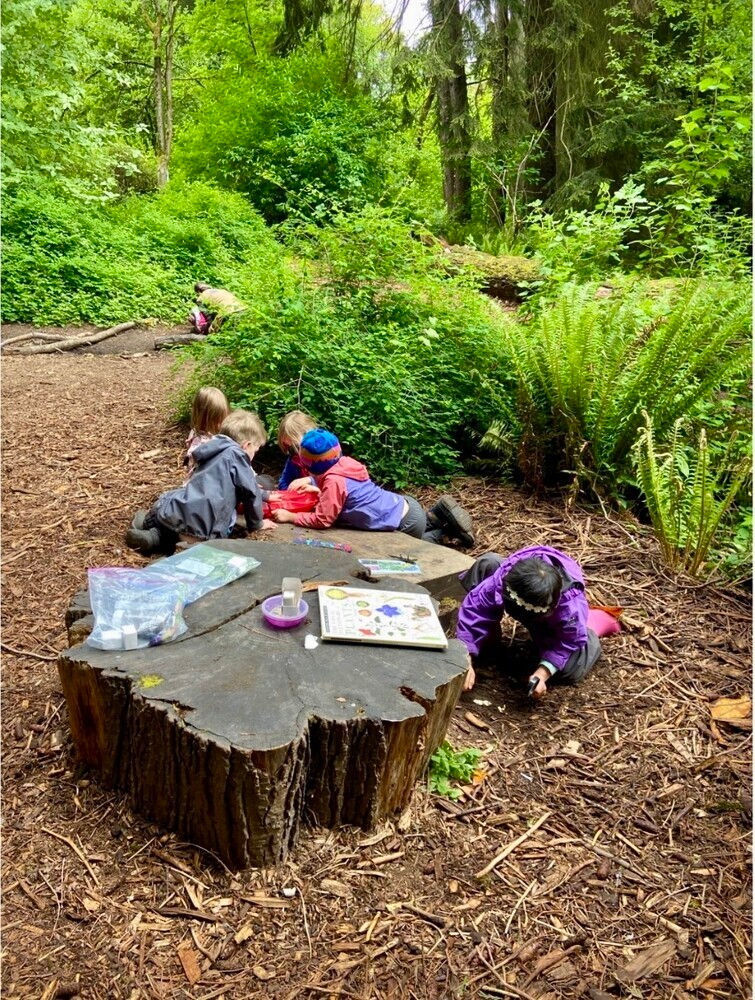Natural Intelligence Means the World. Just Ask a 4-Year-Old.
- Rebecca Kraus
- Jul 24, 2025
- 3 min read

As a Content Designer for Expedia Group’s Conversation Platform, I often thought of my job as infusing emotional intelligence into artificial intelligence. Back in 2020, our team was helping travelers manage uncertainty during the COVID shutdown. I was proud of how conversational AI, steeped in empathy and insights, could help a large volume of travelers and travel agents manage plans and mitigate stress.
Now, in 2025, I’m an alum of Meta Reality Labs, an org committed to leading innovation. As I write my next chapter in a storied career, one thing I’m clear about: technology isn’t the destination, but a means to an end. It ought to be deployed with deep consideration of context and value, not so much to be trendy but to be useful. I say this as an avowed futurist whose career has ridden the trajectory of tech.
Think about the term “artificial intelligence.” Artificial means “made or produced by humans rather than occurring naturally." For all its promise of productivity and efficiency for us grown-ups, elevating the artificial gives me great pause as it relates to developing minds. Young students ache to solve problems. They relish being creative and are naturally inclined to learn through play. Becoming reliant on a technology that strips away critical thinking doesn't feel right.
This is why I’m committed to teaching natural intelligence throughout my community.
I recently volunteered at my 4-year-old nephew’s school, a forested area in Seattle’s Arboretum near the University of Washington. It's a beautiful green setting laced with the Pacific Northwest ethos, including drizzle, little boots, and raincoats. The Fiddleheads Forest School aims to “foster a sense of wonder, to guide rather than compel, and to provide room for possibility rather than attempt to constrain children’s interests to fit within a certain curriculum.”
"Count me in!" I said when asked if I would talk to the students about growing food.
I’ve given plenty of presentations and lightning talks in my time, but there was something so refreshing about sitting on a tree stump and connecting with 14 curious 4-year-olds gathered around me.

I shared stories about how I planted, harvested, and ate fruits and veggies from my magical garden. I showed pictures of climbing pea vines, hugging carrots, dancing beets, and our proud puppy with his pumpkin harvest. (Sure you can type a clever prompt into AI, but it’s never gonna be as sweet as the real deal.)



The students’ hands often shot up as they longed to talk about their experience with gardens and food. Clutching the freshly picked mint I’d brought, some shared their love of mint ice cream and rhubarb pie and visits to grandma's garden.
They also got a kick out of how we pretend to be scarecrows in order to keep our berries safe from hangry birds.

To engage their senses, I brought a tiny shovel and nutrient-rich soil for the students to study and smell. I shared squash, pumpkin, and sunflower seeds so they could see, touch, and feel to their hearts’ content. They learned, as they always do, that nature is an authentic teacher, not intended for easy shortcuts but for slow and luscious explorations.

The Seattle Times recently ran this story about the school and touted that “outdoor education has the potential to affect children’s physical and mental health while teaching young minds about the environment and fostering an appreciation for nature.”
This sparked something deep in me because I've read about edicts (executive orders) to compel young children to be "A.I.-ready.” No doubt businesses and designers like me will benefit from this new technological frontier, but for young ones, magic happens without screens and under clouds in the real world.

It almost feels as if nurturing natural intelligence and outdoor play has become...antique.
But really, what legacy do we want to leave behind?
For me, it has to be less about memes, more about meaning. It must be about fostering imaginative creativity rather than shortchanging problem-solving.
I found deep meaning in my visit to the school and I believe that fostering organic learning lets us be good stewards not only of Earth, but also of the generation who'll inherit it.






Comments